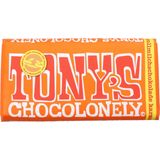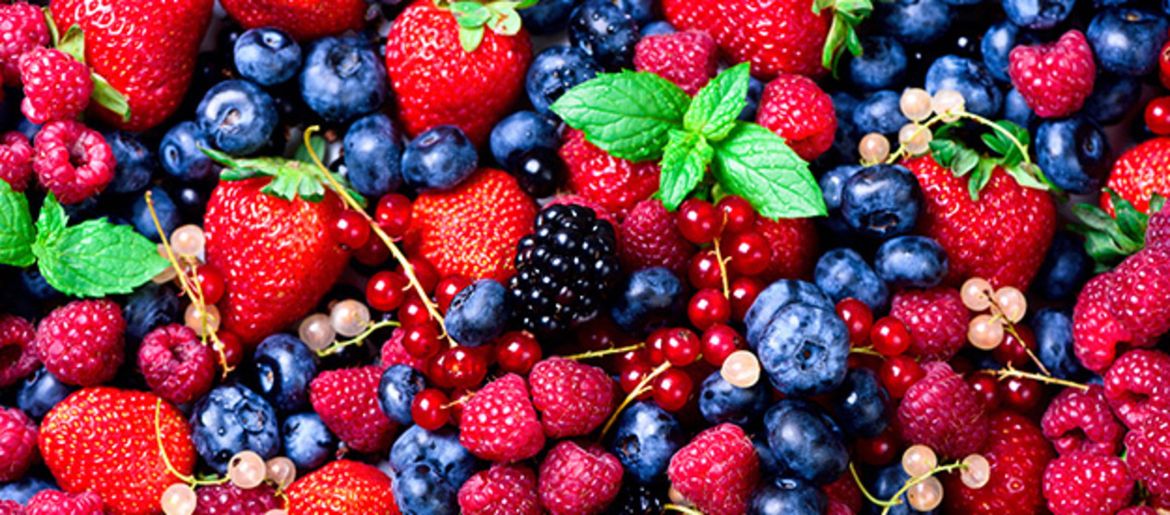Anti-Inflammatory Diet
Many people today suffer from chronic, low-grade inflammation. These are now increasingly associated with various diseases such as diabetes, cancer, Alzheimer's, arthritis, obesity ... Inflammation can have many triggers. These include injuries, allergens or the food we eat. In particular, nutrition as a factor in inflammation has recently been in focus, because what we eat makes an enormous difference in the long term.
The western "standard diet"
In the western world today, many people have similar eating habits. There is a lot of red meat, processed meat, fried foods, high-fat dairy products, refined sugar and ready-made convenience meals on our tables.
If this sounds like your diet too then changing it can make a difference. While this is not a panacea, it is likely that restricting or avoiding foods known to cause inflammatory reactions will reduce discomfort.
Decrease inflammation
Are you wondering how you can reduce inflammation through diet? There are two options but the most effective way is to combine the two. Effectively controlling inflammation is not just about eating more anti-inflammatory foods, it's also about eliminating foods that trigger or worsen inflammation.
Avoid consuming foods known to cause inflammation
Let's look at a few foods that are very strongly linked to the occurrence of inflammation today and why.
- Sugar or products with a high fructose content
Studies have shown that a diet high in sugar or high in fructose products can increase inflammation.
Various studies also indicate an increase in CRP - a marker of inflammation closely linked to cardiovascular disease - when subjects are given sugar. Sugar also tends to counteract the anti-inflammatory effects of omega-3 fatty acids. - Refined carbohydrates
Not all carbohydrates are bad. They contain many important nutrients, especially when they come from foods like vegetables, fruits and whole grains. However, refined carbohydrates are not optimal.
When flour is refined, it means that most of the naturally occurring fibre found in cereals has been removed from the flour. Not only does this eliminate many vitamins and minerals, but also allows carbohydrates to get quickly absorbed into the bloodstream, causing blood sugar levels to spike and crash. Over time, that blood sugar roller coaster ride can lead to diseases like diabetes. This type of flour is most commonly used in commercial breads and baked goods.
So try to eat more whole grains. - Oils
Vegetable and seed oils - including corn, safflower and rapeseed oils - contain very high amounts of omega-6 fatty acids. Many studies today show that too many omega-6 fatty acids appear to cause oxidative stress.
Oxidative stress occurs when there are too many free radicals in the body that can damage different parts of cells and tissues. Diseases associated with oxidative stress are diabetes, high blood pressure, heart disease, Alzheimer's and cancer. - Trans fats
Trans fats are fats that have been processed to make them more solid and therefore more stable for storage. They are extremely unhealthy and can raise total cholesterol levels, which in turn increases your risk of heart disease and stroke.
These artificial fats also cause inflammation and have been linked to damage to endothelial cells and high levels of various markers of inflammation.
So how can you reduce trans fats in your diet? Well, trans fats can be found in many fried foods (french fries and donuts), commercially baked and packaged goods, as well as various peanut butters and margarines. Avoid any product that has the following ingredients on the label: "trans fat", "hydrogenated fat" or "partially hydrogenated fat". - Excessive alcohol consumption
Alcohol consumption has been linked to an increase in markers of inflammation. One study confirmed that the higher the alcohol consumption, the higher the levels of these markers in the blood.
Consume more anti-inflammatory foods
Eating a diet high in anti-inflammatory foods is not difficult. Here are some suggestions:
- Berries: strawberries, blueberries, raspberries ...
- Cruciferous vegetables: cauliflower, broccoli, Brussels sprouts, green cabbage
- Dark green leafy vegetables: pak choy, kale, spinach
- Legumes: beans, lentils
- Nuts: almonds, pistachios, walnuts
- Oils: cold-pressed & unrefined extra virgin olive oil
Latest reviews
-
 4.9 (21)
4.9 (21)Tony's Chocolonely Milk Caramel Sea Salt 32%, 180 g
- 32% cocoa content
- 100% slave-free
- Crunchy caramel
£4.60 (£25.56 / kg)Delivery by February 27
-
 3.0 (2)
3.0 (2)SmartBread Organic Paleo Almond Crunchy Slides, 58 g
- Satisfying almond flour & seeds
- Nutrient-rich snack
- Vegan, free from gluten and yeast
£3.65 (£62.93 / kg)Delivery by February 25
-
 1.0 (1)
1.0 (1)Greenomic Organic Green Extra Virgin Olive Oil, 250 ml
- Unfiltered
- Mild taste
- Made from 100% Patrinia olives
£14.05 (£56.20 / l)Delivery by February 13
Magazine Articles:
Discover Piccantino:
-
Great Britain: Free standard delivery from £69.90
-
Free
returns More than 11.200 products
Secure payments
with SSL encryption technology


